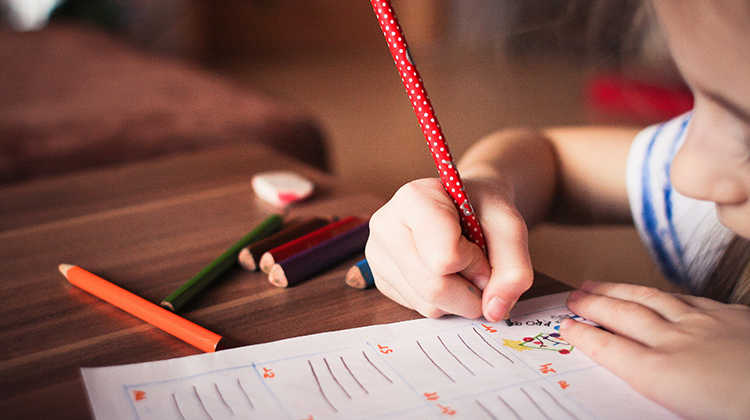Early Vocab Skills Indicate School Success

Children who enter preschool with good vocabulary and attention skills do better in class when they enter school.
The findings, from research based on 900 four-year-olds from eight US states show how a child’s ability to engage with teachers and peers is affected by the range of words they know.
Young children are also more likely to get involved with classroom tasks if they have learned how to suppress inappropriate behaviour and block out distracting thoughts and feelings.
“This study will be of interest to Australian early years teachers in the sense that it confirms the importance of children’s pre-school oral language vocabulary development and their emotional and behavioural self-regulation skills," says Professor Pamela Snow from La Trobe University.
"These are areas of development that show high levels of variability in pre-school cohorts and are strongly associated with both academic success and social and emotional wellbeing.
"Unfortunately, it is often the same group of children who struggle in both domains, and their trajectories can be problematic from an early stage in their educational journeys.”
In 2020, Professor Pamela Snow established, with her colleague, Associate Professor Tanya Serry, the Science of Language and Reading (SOLAR) Lab in the School of Education at La Trobe University. The SOLAR Lab is a platform for research, teaching, advocacy and postgraduate supervision on a wide range of topics pertaining to developmental language and the transition to reading, writing and spelling in the school years.
"Pre-service teaching programs need to support teachers to strengthen children’s language skills (vocabulary was a focus here but other skills are important as well) and also to recognise and respond supportively to signs of immature inhibitory control (self-regulation).
"Teaching words for emotions and modelling everyday social scripts, for example around making requests and apologising might be ways of approaching this in the pre-school classroom."
The original article is published in MCERA Publishing Partner Taylor and Francis' imprint, Early Education and Development.